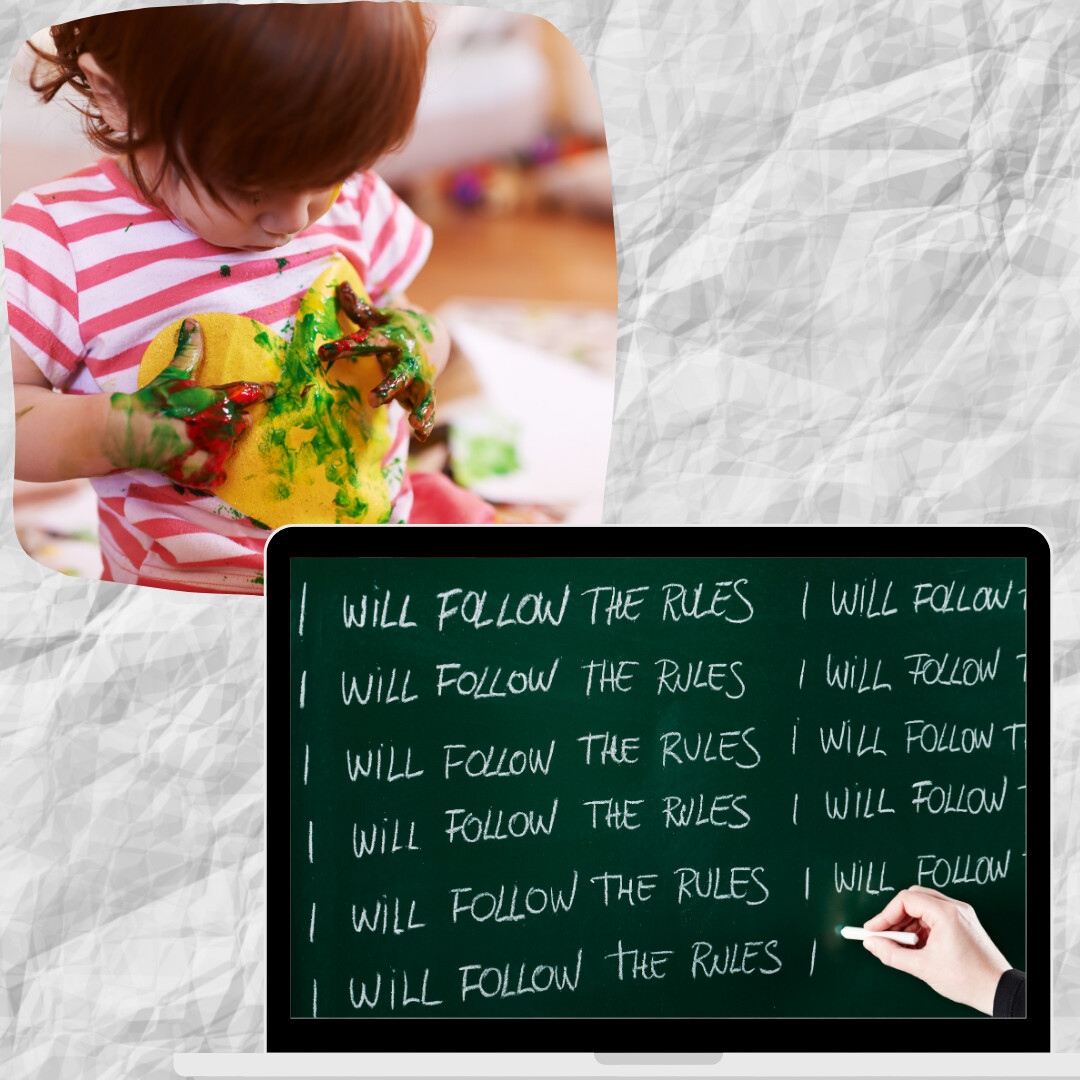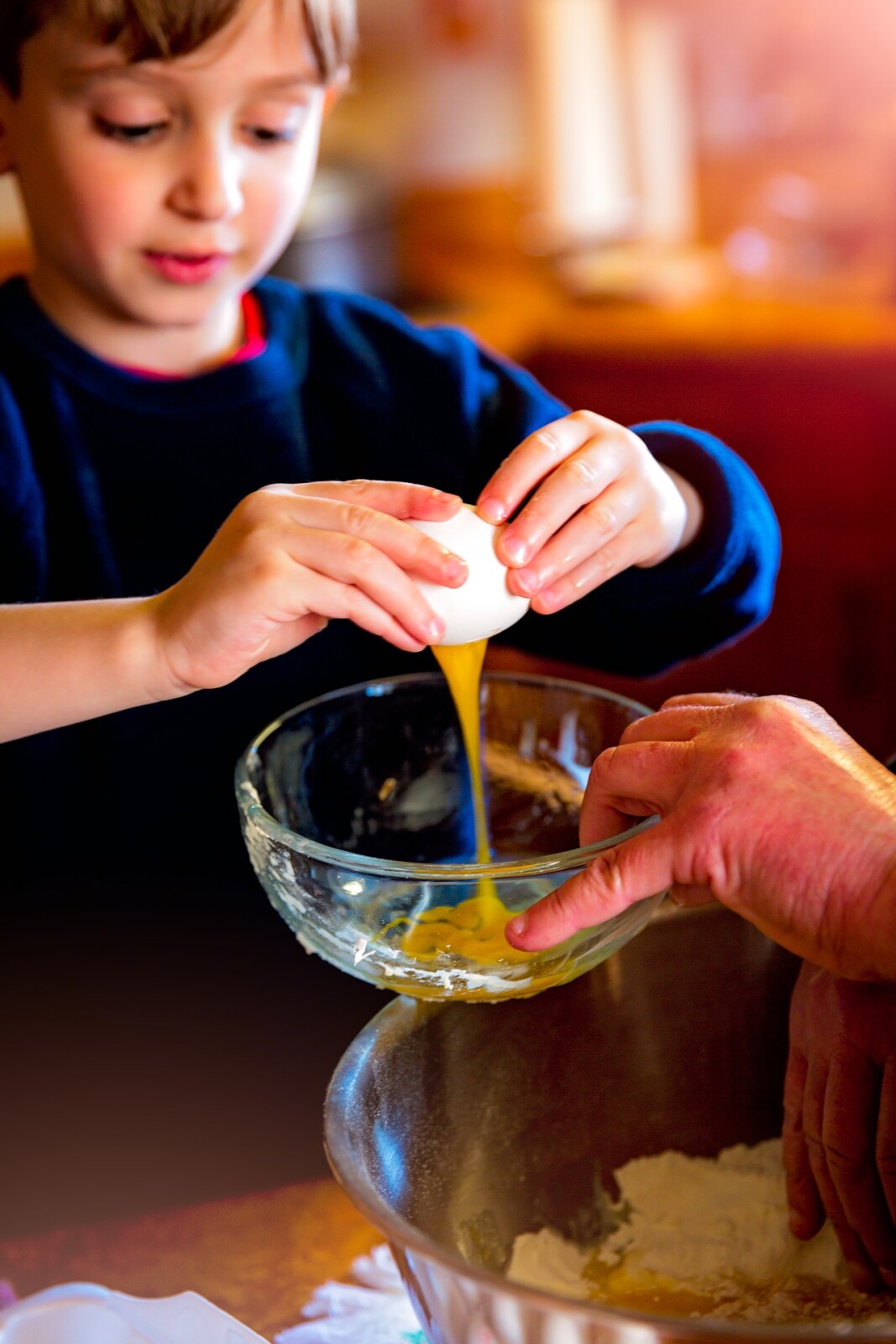
Very closely connected with the idea of freedom is the concept of obedience. This too is a concept that can be misunderstood as people have many different points of view. Sometimes we see obedience as desirable in the sense that someone is compliant. Sometimes it is considered a virtue, but not always for the right reason as there might be an element of submissiveness or coercion. It can be a form of control, power over another. But this is not life-enhancing, so let’s dig a little deeper.
There is a correlation between the development of the will and obedience. It is a desirable notion, so there is no thought of having power over another. Through her observations, Dr. Maria Montessori speaks of three levels of obedience.
In the first level, obedience is like a happy accident, somehow the child obeys. What is typical is that the child is impulsive and not consistent. So the child obeys sometimes, but not all the time. “It is a period in which obedience and disobedience seem to be combined!” (Maria Montessori, The Absorbent Mind).
It is important for us to remember that obedience is a result of development, so we mustn’t hold it against the child. It is not the child deliberately acting against us, but just not able to adequately obey at this point. Sometimes a child may have the desire to obey, but not the capacity. They may strive, but they can’t yet manifest it. If we remember this, then we are much more likely to look at this child with compassion instead of judgment.
There is some progression when the child moves on to the second level of obedience. Dr. Montessori says the child now has the will and the ability to obey, so he is not prevented from the functional standpoint. “His powers are now consolidated and can be directed not only by his own will, but also by the will of another” (Maria Montessori, The Absorbent Mind). So he is now able to see the perspective of another, instead of just his own preference. Dr. Montessori points out that even if the child obeys, he doesn’t derive a lot of pleasure from doing so. She makes a comparison between the second level and traditional schooling – the child obeys the teacher.
Yet Dr. Montessori went further and observed a third level of obedience. This is beyond the norm and standard expectation. The culmination of obedience is the third stage, but this requires that the child has been allowed to develop according to the laws of nature.
At this point the child is able to obey at will. He can master himself out of this own choice. Now the child doesn’t obey grudgingly, but out of his own desire and out of this own choice, and he is able to do that too. Dr. Montessori said that the child in the third stage obeys “with eager anticipation and joy.” Children obey because they see they can influence the life of others and influence the life of their community. In a way they can see beyond themselves.
It should be clear that when speaking of obedience in the Montessori context we do not mean submissive blind obedience as that can be very destructive. The Montessori principles, environment, and adult support independence rather than dependency. The child is allowed to act out of freedom and love, to act with conviction and determination for the good of the group. She becomes able to put the collective interest above her personal gain, but does not feel it is a sacrifice.
The prepared environment enables this spontaneous discipline to develop. Dr. Montessori says “the environment factor is without a doubt subsidiary to the phenomena of life. It can modify, as it can help or destroy, but it can never grow” (Maria Montessori, The Discovery of the Child). It is a vehicle. Neither the environment, nor the adult, can cause this. As the child constructs herself, the potential lies within. This notion of spontaneous discipline that occurred in the beginning was not taken in easily by people. They were quite surprised. So there is no magic potion, but we need to provide the conditions that are favorable for this to emerge.
Ready for more? Discover the joy of a Montessori and Catholic inspired home with our free checklist!












0 Comments